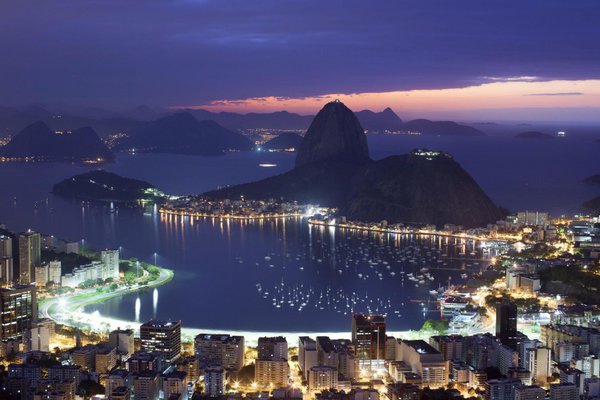The strength of Mercosur/Mercosul
SAO PAULO - With a broad consumer market, Mercosur (Spanish acronym)/Mercosul (Portuguese) is now the main destination for exports of Brazilian products with high added value. And despite some disagreement among its partners and the difficulties encountered in the formalization of free trade agreements with other blocs or countries, Mercosur, with 24 years of experience, is not only a consolidated initiative but also, critical to foreign trade .

Milton Lourenço (*)
Just see that today, 87% of Brazilian exports to the bloc are composed of industrialized products, and manufactured and semi-manufactured goods.
Joint effort in 1991 crucial
If there had not been a joint effort with the signing of the Assunción Treaty between Brazil, Argentina, Uruguay and Paraguay in 1991, the country today would be in major difficulties, given the current neo-colonialism that developed nations seek only buying commodities, selling in exchange manufactured products to emerging and developing countries.
The success of Mercosur can be measured also by the accession of Venezuela as a member country and of Chile, Peru, Colombia and Ecuador as associated states. Also being completed are the accession processes of Bolivia and the initial phase of the input of Suriname and Guyana as associates. The block now represents 70% of the population of South America, and sums a population of 270 million people.
Strong South American market
It should be remembered that in 1991, trade between Brazil and the other Mercosur countries reached a total of US $ 4.5 billion, according to the Ministry of Development, Industry and Foreign Trade (MDIC). Of this total, $ 2.3 billion was in exports and US $ 2.2 in imports. In 2010, the trade movement jumped to $ 39.2 billion - of which $ 22.6 billion is in exports and $ 16.6 billion in imports.
Today, compared to the rest of the world, the South American market appears first in the ranking of Brazilian manufactured exports. According to MDIC data, in 2014, the bloc imported 24.1% of Brazilian products, ahead of the European Union (17.6%), United States (1,7,2%), Latin America (15.3%) - except for the Mercosur countries - Asia (9.2%), Africa (5.1%) and Middle East (3.2%). Other countries and blocs amounted to 8.3%.
In other words, between 1991 and 2013, transactions between member countries increased by more than 12 times, reaching $ 59.4 billion. In 2014, the Gross Domestic Product (GDP) of the block reached R $ 3.1 billion (888 million USD), second only to the United States, China, Japan and Germany. Thus, it is clear one can highlight the role of Mercosur as a promoter of integration and growth in the region by taking a strategic position on the board of world geopolitics, that Brazil alone could not or would need more time to achieve.
__________________________
(*) Milton Lourenço is president of Fjord International Logistics and director of the Union of Orders of Commissioners, Cargo Agents and State Logistics São Paulo (Sindicomis) and the National Association of Dispatches of Commissioners, Cargo and Logistics Agents (ACTC) . E-mail: [email protected]. Site: www.fiorde.com.br.
Translated from the Portuguese version by
Ekaterina Santos
Pravda.Ru
Subscribe to Pravda.Ru Telegram channel, Facebook, RSS!


